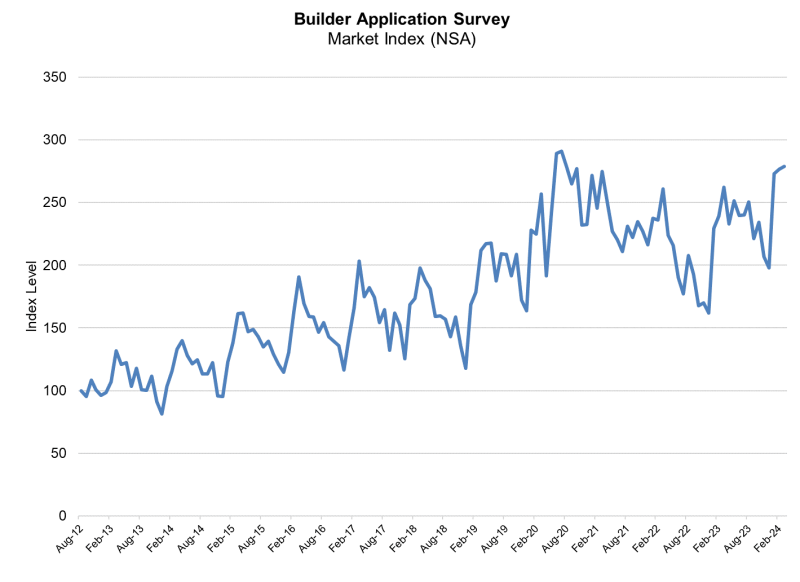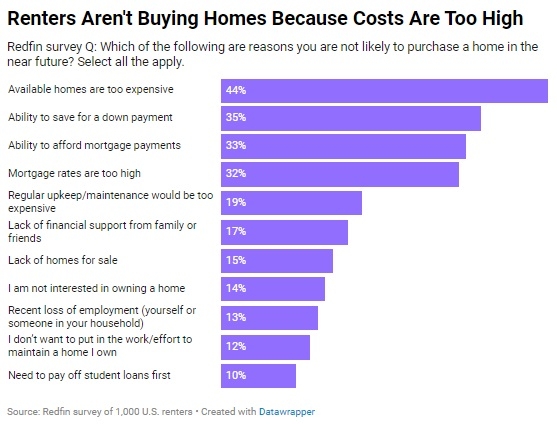Advertisement
The sub-prime forum: Contract for deed - A diamond in the rough
Mortgage industry spared at 11th hour by junk fax act Jill BauerleJunk Fax Prevention Act of 2005, established business relationships
The business fax just got a new lease on life. In July 2005,
Congress pre-empted the Federal
Communication Commission's (FCC) tough new rules governing
commercial faxes, when it passed the Junk Fax Prevention Act of
2005. President Bush signed the bill into law on July 9, 2005. If
the FCC's rules had taken effect, the fax-dependent mortgage
industry would have been straitjacketed by costly and
time-consuming record-keeping guidelines for sending a fax
beginning in January 2006. The new law spares mortgage and other
businesses the burden of having to obtain written permission from
customers and others with which they have an "established business
relationship" before sending them business faxes.
The FCC's policy reversal
Under the FCC ruling issued in July 2003, but postponed by the
commission on three separate occasions, companies would have had to
collect signed consent forms from every existing and new customer
before sending them a fax. In a bizarre twist, companies would not
have been allowed to use the most sensible medium, a fax, to send
out the required form. Each violation of the rules would have
carried a maximum fine of $11,000. To cover themselves, some
mortgage companies had already posted fax consent forms on their
Web sites for customers and business associates to fill out if they
wanted to receive daily rates and special information by fax or
e-fax.
The FCC ruling dates back to the Telephone Consumer Protection
Act (TCPA) of 1991. The TCPA restricts the use of the telephone or
fax to deliver unsolicited advertisements without first obtaining
the recipient's "prior express invitation or permission." By FCC
standards, an "unsolicited advertisement" is defined as "any
material advertising the commercial availability or quality of any
property, goods or services which is transmitted to any person
without that person's prior express invitation or permission."
Congress intended to crack down on notorious "fax blasters," but
the wording of the law created a gray area for businesses that rely
on faxing updated information to existing customers. One year
later, the FCC issued an interpretation of the law which stated
that a "prior business relationship" between the sender and
recipient could be construed as permission to send an unsolicited
fax. Many courts disagreed with the FCC interpretation and it
spawned a cottage industry of small claims petitioners. Because fax
numbers often change and misdialing is common, some companies were
ordered to pay fines for honest mistakes.
In July 2003, in another effort to curtail the fax blasters and
protect consumers from the costs involved in receiving unwanted
ads, the FCC reversed its "established business relationship"
exemption. Many businesses thought the new ruling went too far and
penalized legitimate businesses. A group of more than 250 companies
and associations across the country formed "The Fax Ban Coalition"
and lobbied to change the language of the law.
What the new law means for you
The Junk Fax Prevention Act of 2005 does not legalize the sending
of junk faxes. It enables you to fax your customers and others with
whom you have an established business relationship - but with some
restrictions. By law, your commercial faxes must now provide an
opt-out provision on page one of every fax and provide a cost-free,
24-hour, seven-day-a week means for the customer to request to be
taken off your distribution list.
Furthermore, you can only send an unsolicited fax to new
business contacts if they gave you their number or published it in
a public source, such as a Web site, publication or directory. All
fax numbers already in your Rolodex are grandfathered into your "Do
Fax" list. However, if you met new contacts while the legislation
was being enacted but dont yet have their fax number, you must
treat them as if they were new contacts.
Robert Flavell, a Miami Lakes lawyer who specializes in real
estate, construction and mortgage law, advises mortgage companies
to take the additional precaution of keeping a phone log of
customers who verbally consent to receive a fax.
"A little extra prudence never hurts, especially in conjunction
with a new law that has yet to be enforced or interpreted by the
courts," said Flavell.
Michael Kass, whose Tampa-based firm Kass, Shuler, Solomon,
Spector, Foyle & Singer serves a number of mortgage firms,
points out that the Junk Fax Prevention Act of 2005 does not
pre-empt tougher state laws.
"For now, Florida mortgage firms need not worry because Florida
has not enacted any laws governing unsolicited faxes," noted
Kass.
In addition to mortgage lawyers like Flavell, mortgage
associations across the country have also followed news of the junk
fax legislation closely.
"We're thrilled," said Vicki Vidal of the Mortgage Bankers Association, who
fought the FCC ruling as a member of The Fax Ban Coalition.
When asked about how difficult it might have been to determine
what is unsolicited in a business transaction, she replied, "When
you get down to the transaction level, it gets gray. What is a
solicitation and what is a transactional activity?"
Vidal added that mortgage companies often work in a gray area
halfway between solicitation and express permission.
"When you think about how much a mortgage broker talks on the
phone to a buyer or [real estate agent], that has potential
earmarks of being a solicitation," she said.
The mortgage industry is not the only one celebrating. The new
law also comes as good news to companies that provide fax
technology. One such company is Equisys, which sells Zetafax, a
network fax software solution used by many firms in the mortgage
industry.
"As far as problems go, unsolicited faxes pale in comparison to
unsolicited e-mail," said Terry Mayne, general manager of Equisys.
"While no one wants faxes from strangers, requiring written consent
before sending faxes to clients would have created a major headache
for mortgage firms. We're pleased that Congress came up with a fair
compromise."
Jill Bauerle is a freelance writer based in Brooklyn,
N.Y.
About the author





